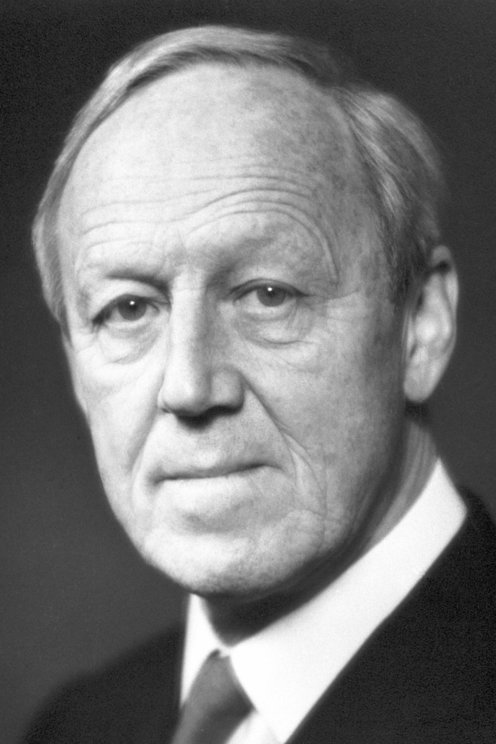Date of Birth: May 30, 1908
Zodiac Sign: Gemini
Date of Death: April 2, 1995
Biography
Hannes Olof Gösta Alfvén was a pioneering Swedish electrical engineer and plasma physicist who made significant contributions to the field of magnetohydrodynamics (MHD). Born on May 30, 1908, in Norrköping, Sweden, Alfvén began his academic journey at the University of Uppsala, where he earned his PhD in 1934. His early research focused on the behavior of charged particles in magnetic fields, which later became foundational for his work in plasma physics. Alfvén’s most notable achievement came in 1942 when he proposed the theory of magnetohydrodynamic waves, now known as Alfvén waves. This groundbreaking work earned him the Nobel Prize in Physics in 1970. Throughout his career, Alfvén was a vocal advocate for the interdisciplinary nature of science, often bridging the gap between physics, engineering, and astronomy. In addition to his scientific contributions, Alfvén was also a prolific writer and educator. He held various academic positions, including professorships at the Royal Institute of Technology in Stockholm and the University of California, San Diego. Alfvén’s legacy continues to influence the study of space plasmas, fusion research, and astrophysics.
5 Interesting Facts about Hannes Alfven
1. Hannes Alfvén was awarded the Nobel Prize in Physics in 1970 for his work on magnetohydrodynamics.
2. Alfvén waves, a type of magnetohydrodynamic wave in plasma, are named after him.
3. He was a strong advocate for the use of interdisciplinary approaches in scientific research.
4. Alfvén also had a keen interest in the socio-political implications of science and often wrote about global issues like nuclear disarmament.
5. He served as the President of the Royal Swedish Academy of Sciences from 1967 to 1973.
5 Most Interesting Quotes from Hannes Alfven
1. “We should remember that there was once a discipline called natural philosophy. Unfortunately, this discipline seems not to exist today. It has been renamed science, but the science of today is in danger of losing much of the natural philosophy aspect.”
2. “To complicate is easy. To simplify is difficult.”
3. “Scientists tend to resist interdisciplinary science, but I think it’s one of the most important ways to advance our understanding of the world.”
4. “The history of science is often distorted by the tendency to attribute discoveries to individual geniuses.”
5. “One of the most important things we can do is to help young scientists develop in a way that allows them to be creative and not just follow the prevailing trends.”
Highest Net Worth Achieved
Hannes Alfvén’s highest net worth is not well-documented, but his primary wealth was in his intellectual contributions rather than financial accumulation.
Children
Hannes Alfvén had four children: Arne, Gösta, Birgitta, and Inger.
Relevant Links
1. [Nobel Prize Biography](https://www.nobelprize.org/prizes/physics/1970/alfven/biographical/
2. [Britannica Entry](https://www.britannica.com/biography/Hannes-Alfven
3. [Royal Swedish Academy of Sciences](https://www.kva.se/en/contact/Kontakt-sida
4. [University of California, San Diego](https://physics.ucsd.edu/
5. [Plasma Universe](http://plasmauniverse.info/


